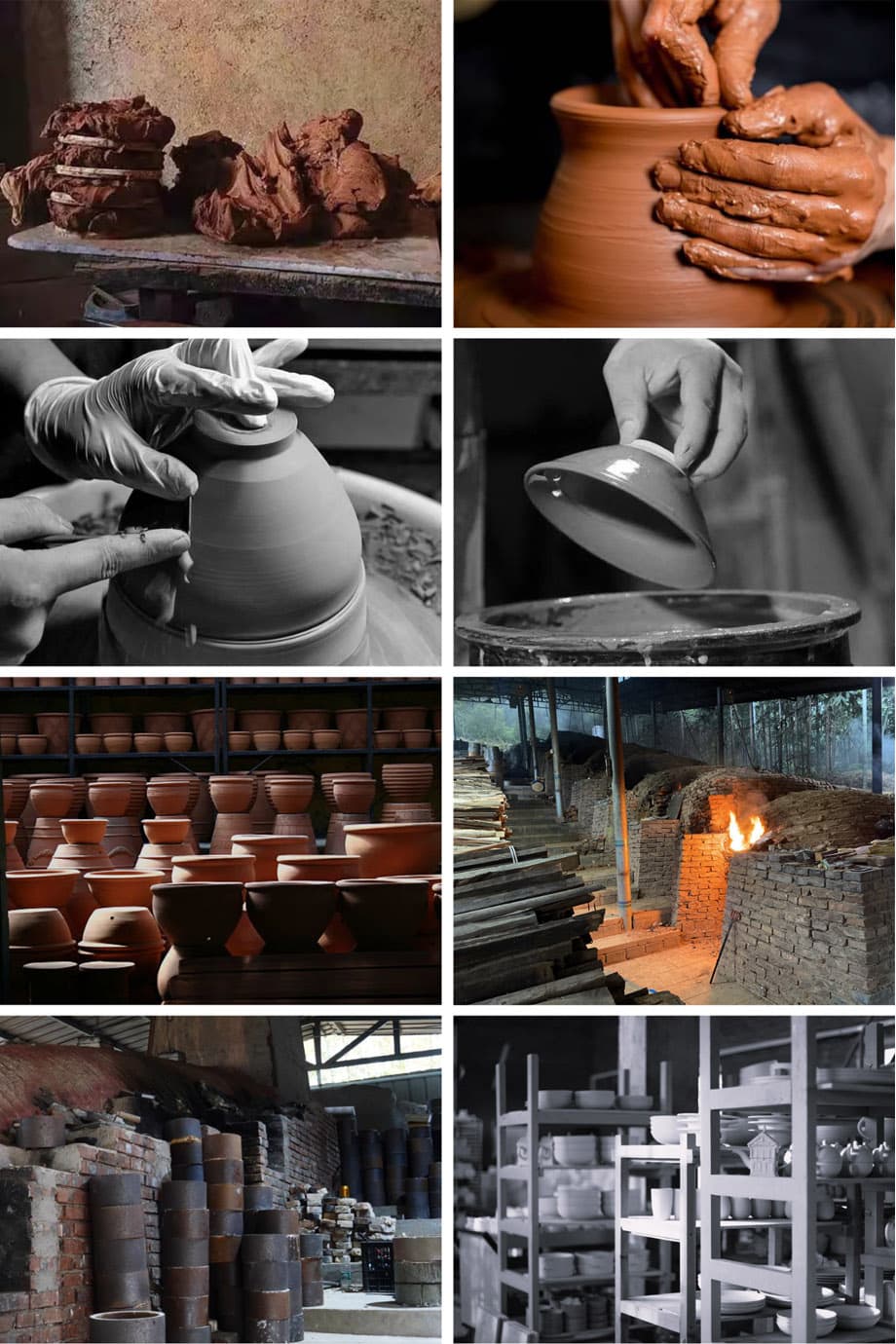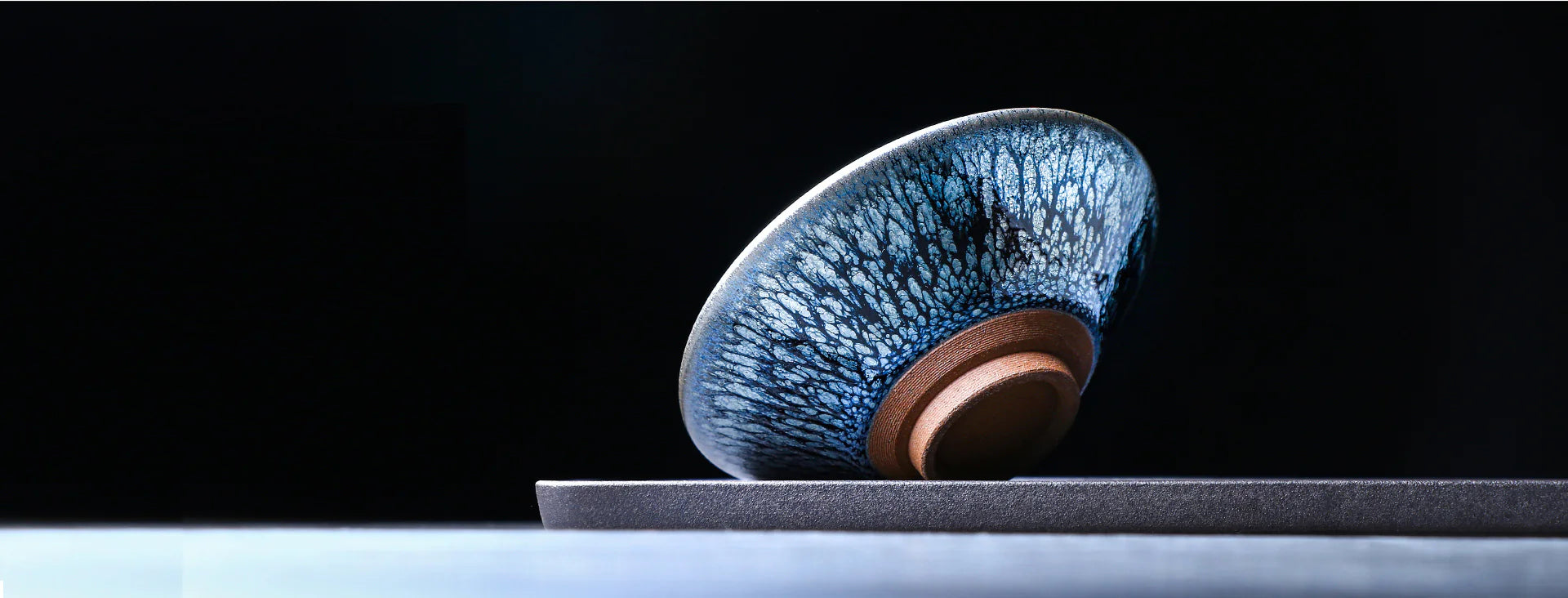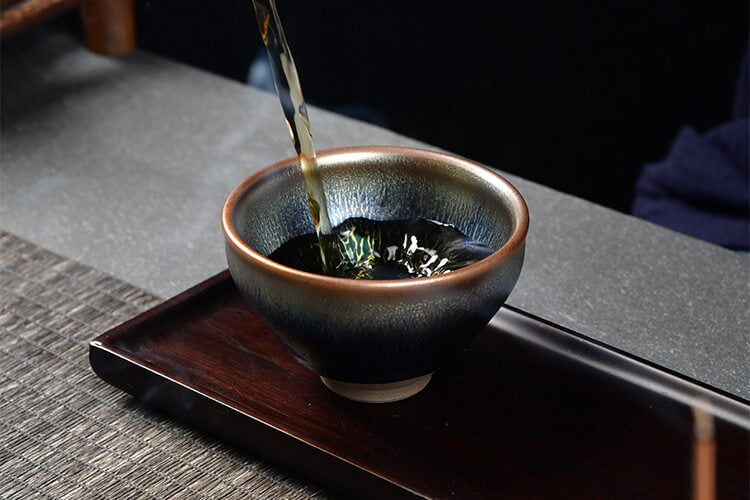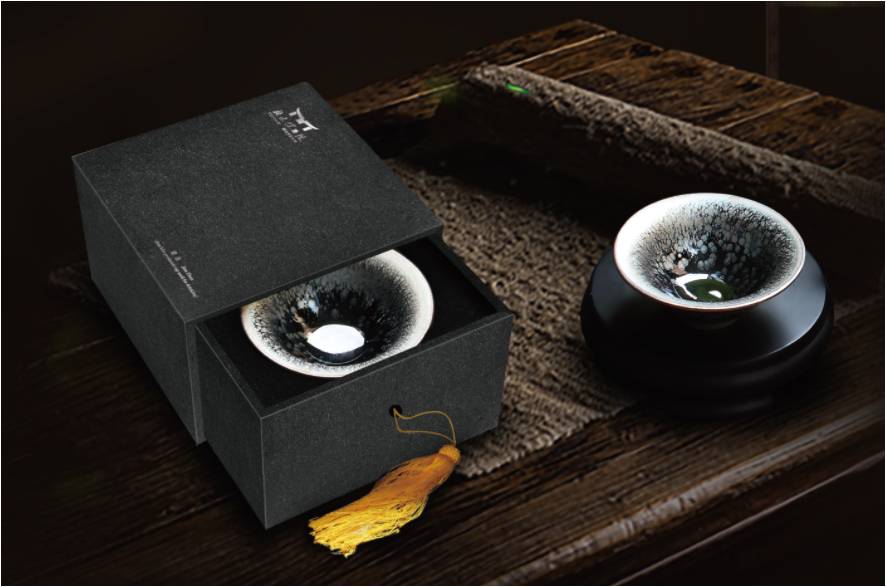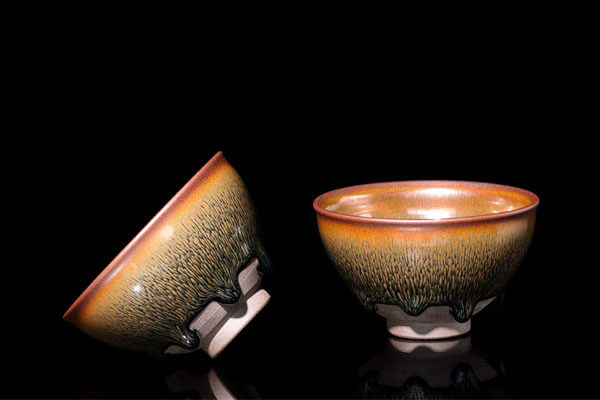2025 Spring Black Tea "Jiu Qu Hong Mei" (Jiuqu Red Plum) 250g/Bag, A+++ Grade, Long Jing #43 Material ,Hong Cha, ZheJiang Province
- Free shipping worldwide
- Tax and import charges included
- First order 10% Off, Code: TMK2025

Video: Unwrapping.
Origin: Zhejiang Province, China
Grade: A+++
Material: Long Jing #43 tea tree (early spring tiny buds and young leaves, harvested before Gu Yu, April 20, 2025)
Type: Hong Cha (Black Tea)
Description
Jiu Qu Hong Mei, or "Red Plum," is a premium black tea crafted from the tender buds and young leaves of the renowned Long Jing #43 tea tree. Harvested in the pristine early spring of 2025 before Gu Yu, this tea embodies the essence of Zhejiang’s terroir. The tea leaves are tightly rolled into neat, delicate threads, exuding a natural, floral aroma that captivates the senses.
The tea liquor is crystal-clear with a vibrant, golden-red hue, offering a sweet and fragrant flavor profile. Its soothing and relaxing qualities make it an ideal companion for moments of calm. The lingering aftertaste envelops the entire palate, delivering a delightful Hui Gan (sweet aftertaste) that stimulates saliva production, leaving a refreshing and satisfying finish.
Packaging
Each 250g package is carefully sealed in a paper bag with an aluminum-coated inner lining to ensure moisture-proof storage. For optimal freshness, store in a refrigerator if space allows, though this is not mandatory. Keep in a cool, dry place away from strong odors to preserve its delicate aroma and flavor.
Brewing Tips
To fully appreciate the nuanced flavors of Jiu Qu Hong Mei, follow these brewing guidelines:
-
Water Temperature: Use water at 85–90°C (185–195°F) to avoid scalding the delicate leaves.
-
Tea Quantity: Use 3–5g of tea per 150–200ml of water, depending on desired strength.
-
Steeping Time:
-
First infusion: 10–15 seconds for a light, aromatic brew.
-
Subsequent infusions: Increase steeping time by 10–15 seconds for up to 4–5 infusions.
-
-
Vessel: A porcelain gaiwan or small teapot enhances the tea’s clarity and aroma.
-
Preparation: Rinse the tea briefly (5–10 seconds) with hot water and discard the rinse to awaken the leaves.
-
Serving: Sip slowly to savor the evolving sweetness and lingering Hui Gan. Pair with light snacks or enjoy on its own for a meditative experience.
Indulge in the elegance of Jiu Qu Hong Mei, where tradition and flavor intertwine for a truly refined tea experience.
Free shipping
Delivery Time:
Delivery time = Process time + Shipping time
1). Process Time:
Processing Time: 1-3 days
2). Shipping Time:
Standard Shipping: 8-15 business days.
Express Shipping: 5 -7 business days.
Some special countries will take more time. Learn more: Shipping Info.
Our Guarantee:
We accept returns within 30 days of receiving your package.
Learn more about our Return Policy.




















